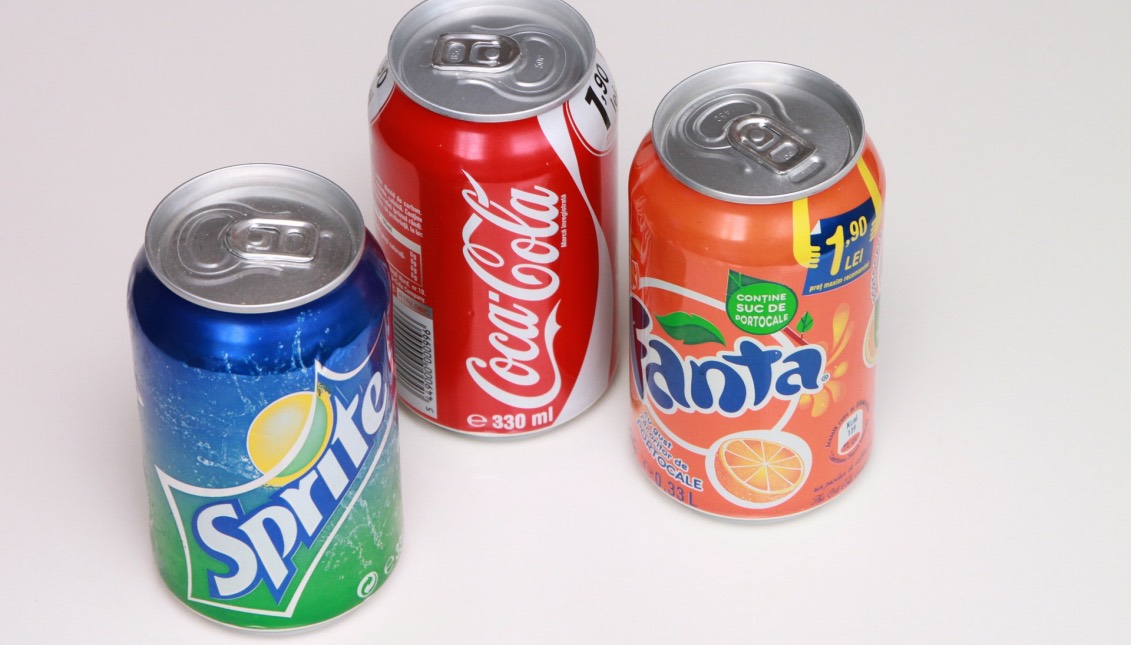
Make up your own mind about the soda tax
MORE IN THIS SECTION
In the weeks ahead, Latino Philadelphians will be bombarded by advertisements claiming that a sugary drink tax will close bodegas and place a disproportionate burden on poor Latino families. While I personally support Mayor Kenney’s plan to use this tax to expand pre-k, create community schools and rehabilitate our neighborhood parks, rec centers and libraries, I’m not writing to persuade you. I am writing because — regardless of whether you’re for the tax, against it or undecided — you should be able to form your opinion based on the facts. And, unfortunately, the soda tax’s opponents have already shown little regard for the truth in their advertisements.
While the opposition has frequently claimed that this tax would cause small businesses, especially bodegas and corner stores, to suffer, when a national sugary drink tax was enacted in Mexico, overall beverage sales did not decline. In fact, just the opposite happened: the rise of bottled water consumption outpaced the decline in sugary drinks. Additionally, in Berkeley, where a sugary drink tax was also passed last year, not one small business has closed due to the tax. Contrary to the opponents’ advertisements, the evidence suggests that, while a tax may cause people to drink fewer sugary drinks, it doesn’t mean they’ll stop buying from their local bodega — they’ll just buy bottled water or diet soda instead.
For small business owners who are not reassured by what happened in Berkeley and Mexico, I’d point out that not only does the Chamber of Commerce not oppose this tax, but many economists have come forward in support. In this Sunday’s Inquirer, the chief economist of Moody's Analytics – one of our country’s top economic analysis firms — stated “the argument put forward by the tax opponents — that it will significantly hurt the Philadelphia economy and cost jobs - is a stretch. This is much too small a tax change to have any meaningful impact on the city's overall economy. I would be surprised if it had any effect on the employment numbers.”
The opponents of the tax have also claimed that this will raise prices on soda for those who can least afford it, poor Latino families. However, because the tax is on the distributor, and not on bodegas, corner stores or other retailers, the tax is very unlikely to be passed completely onto the consumer. In fact, in Berkeley only about half of the tax was passed onto the consumer.
It’s also important to remember that the sugary drink tax would fund programs which will disproportionately assist poor communities. Specifically, the revenue from the tax would fund 6,500 new pre-k seats, 25 community schools and a $300 million investments in our neighborhood parks, rec centers and libraries. Both pre-k and community schools can dramatically improve academic outcomes for our public school children, especially for those children in low-income households. Investments in parks, rec centers and libraries have also proven to drive down crime, keep our kids safe after school and provide job resources for unemployed Philadelphians.
These programs also have a positive economic impact. The Mayor’s investments in pre-k will create as many as 100 new jobs for pre-k teachers, and studies show that early learning professionals generally spend most of their earnings within their communities. A report by the Economy League found that for every $1 spent on pre-k, at least $1.79 is generated in local spending.
Pre-k is also important for stabilizing our work force. If working parents do not have reliable childcare, then they are likely to miss work unexpectedly to care for their child – placing a burden on their employer and making it difficult for them to hold down a job. Investing in pre-k will eliminate the false choice many parents in our communities face between supporting their families and providing consistent, safe care for their young children.
I believe this tax is the right choice for the Latino community, but even if you disagree with me, I encourage you to learn the facts. There is a lot of misinformation out there, and we owe it to our communities, our schools and our children to make sure that if we say “no” to the soda tax and all the educational and community investment that comes with it, it’s because of the facts and not because of advertisements.
Edgardo González was born in Puerto Rico and has lived in Philadelphia for the past 30 years. He is the board chair of Taller Puertorriqueño, the oldest and largest Latino arts and culture organization in Pennsylvania. He is a graduate of Jefferson University, and is well-known as a community activist working with civic, cultural and political groups in the Philadelphia area.






LEAVE A COMMENT:
Join the discussion! Leave a comment.